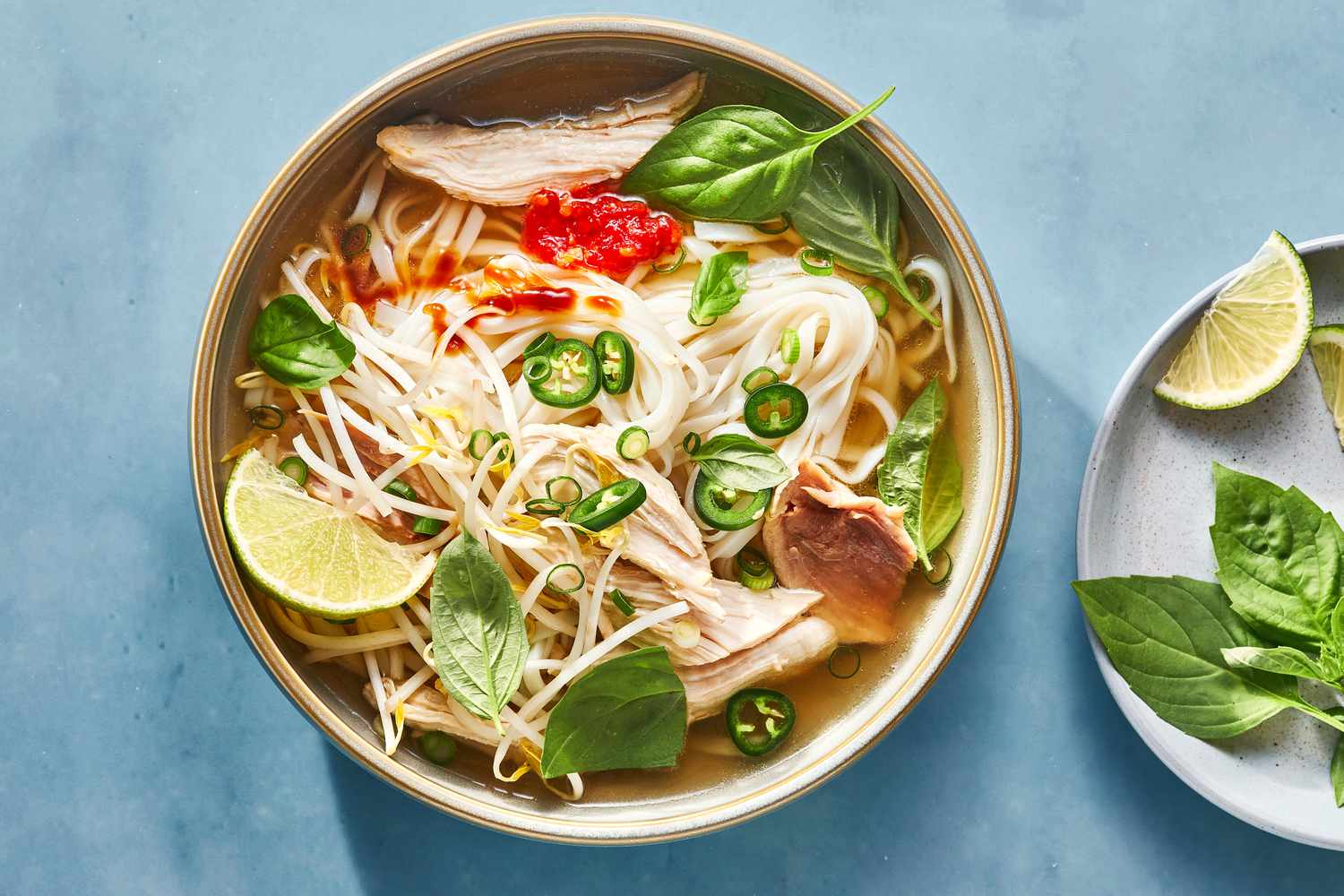Is Pho Good for Acid Reflux? A Closer Look at the Benefits and Considerations
Acid reflux, also known as gastroesophageal reflux disease (GERD), can cause discomfort and irritation due to the backflow of stomach acid into the esophagus. Individuals with acid reflux often have to be cautious about their dietary choices to manage symptoms effectively. Pho, the popular Vietnamese noodle soup, is a beloved dish enjoyed by many. However, for those with acid reflux, it's important to examine whether pho is a suitable option. In this article, we will explore the factors that make pho potentially beneficial or problematic for individuals with acid reflux. By understanding these considerations, you can make informed decisions about incorporating pho into your diet.
Understanding Acid Reflux and Trigger Foods
Acid reflux occurs when the lower esophageal sphincter (LES) fails to close properly, allowing stomach acid to flow back into the esophagus. Certain foods and beverages can trigger or worsen acid reflux symptoms. These commonly include spicy foods, acidic fruits, fatty or fried foods, carbonated drinks, and caffeine.
Considering the Components of Pho
To determine if pho is suitable for acid reflux, it's important to examine its components. Pho typically consists of a flavorful broth, rice noodles, various cuts of meat (such as beef or chicken), and an assortment of herbs and vegetables. Let's analyze each component's potential impact on acid reflux:
1. Broth: The savory broth in pho is typically made from simmering bones, meat, and aromatic spices. While the broth itself is usually not highly acidic, some spices like chili or black pepper may trigger acid reflux symptoms in sensitive individuals.
2. Rice Noodles: Rice noodles used in pho are typically low in fat and easy to digest. They are less likely to cause discomfort compared to wheat-based noodles that can be high in gluten and trigger acid reflux for some people.
3. Meat: The choice of meat can affect acid reflux symptoms. Lean cuts of meat like chicken breast or eye of round beef are generally better tolerated compared to fatty cuts. It's important to note that individual sensitivities may vary.
4. Herbs and Vegetables: Pho is often served with fresh herbs and vegetables such as bean sprouts, basil, and lime. These additions are generally low in fat and provide essential nutrients. However, some individuals may find that certain herbs or vegetables like onions or garlic can trigger acid reflux symptoms.
(Chicken Pho)
The Benefits and Considerations for Acid Reflux
When it comes to acid reflux, the effects of pho can vary from person to person. Here are some factors to consider:
- 1. Low Fat Content: Pho is generally a low-fat dish when prepared with lean meats and skimming off excess fat from the broth. High-fat foods can relax the LES, potentially worsening acid reflux symptoms. Opting for lean cuts of meat and trimming visible fat can help reduce the fat content of your pho.
- 2. Hydration and Digestion: Pho's broth-based nature can provide hydration, which is beneficial for individuals with acid reflux. Staying hydrated helps dilute stomach acid and can potentially alleviate symptoms. Additionally, the warm broth can aid digestion and soothe the esophagus.
- 3. Personal Triggers: Acid reflux triggers vary from person to person. Some individuals may find that specific ingredients commonly found in pho, such as spicy seasonings or certain vegetables, exacerbate their symptoms. It's important to identify personal triggers and tailor your pho ingredients accordingly.
- 4. Portion Control: Controlling portion sizes is crucial for managing acid reflux. Overeating can put pressure on the stomach and increase the likelihood of acid reflux. Be mindful of the portion size of your pho and listen to your body's cues of fullness.
In conclusion, the suitability of pho for individuals with acid reflux depends on various factors. While pho can provide hydration, be low in fat, and contain easily digestible components, personal triggers and portion control should be considered. It's advisable to experiment with different ingredients and preparation methods to find what works best for your acid reflux symptoms. Consulting with a healthcare professional or registered dietitian can provide personalized guidance and help you make informed decisions about incorporating pho into your acid reflux management plan.

